Space Infrastructure Specialist (SIS)™
Learn about SIS program
- Length: 2 days
- Instructor led
- Online, onsite and Live online
Space Infrastructure Specialist (SIS)™
The Space Infrastructure Specialist (SIS)™ Certification, offered by Tonex in collaboration with IS4, is a comprehensive program designed to equip professionals with the specialized knowledge and skills needed to excel in the dynamic field of space infrastructure. This certification covers a broad spectrum of topics, providing participants with a deep understanding of the critical components and technologies that drive space exploration and satellite operations.
This comprehensive course delves into the intricate facets of space infrastructure, offering participants a profound understanding of critical components and cutting-edge technologies shaping the future of space exploration. Tailored for professionals and enthusiasts alike, the SIS™ certification covers satellite communication, space mission planning, regulatory frameworks, system integration, testing, troubleshooting, and maintenance.
Participants will gain expertise in designing and maintaining space systems, navigating regulatory landscapes, and troubleshooting complex issues. This certification caters to engineers, project managers, and anyone aspiring to excel in the rapidly evolving field of space technology. Elevate your skills, contribute to space exploration, and position yourself as a sought-after expert in the dynamic realm of space infrastructure with the Space Infrastructure Specialist (SIS)™ certification.
Learning Objectives:
- Gain expertise in space infrastructure planning and design.
- Acquire knowledge of satellite communication systems and technologies.
- Develop proficiency in space mission planning and execution.
- Understand the regulatory frameworks governing space activities.
- Master the principles of space system integration and testing.
- Enhance skills in troubleshooting and maintaining space infrastructure.
Audience: This certification is tailored for professionals and enthusiasts involved in space exploration, satellite operations, aerospace engineering, and those seeking to enhance their expertise in space infrastructure. It is suitable for engineers, project managers, policymakers, and anyone passionate about contributing to the advancements in space technology.
Course Outline:
Module 1: Introduction to Space Infrastructure
- Components of Space Infrastructure
- Evolution of Space Exploration
- Space Industry Overview
- Key Stakeholders in Space Activities
- Emerging Trends in Space Technology
- Future Prospects in Space Infrastructure
Module 2: Satellite Communication Systems
- Satellite Orbits and Types
- Communication Protocols in Space
- Antenna Systems for Satellites
- Signal Processing in Space Communication
- Satellite Networks and Constellations
- Emerging Technologies in Satellite Communication
Module 3: Space Mission Planning and Execution
- Mission Design Principles
- Orbital Mechanics Basics
- Launch Vehicle Selection Criteria
- Mission Execution Strategies
- Spacecraft Navigation and Control
- Risk Management in Space Missions
Module 4: Regulatory Frameworks in Space Activities
- Overview of International Space Treaties
- National and International Regulatory Bodies
- Compliance Requirements for Space Activities
- Ethical Considerations in Space Operations
- Licensing and Authorization Procedures
- Space Policy and Governance
Module 5: Space System Integration and Testing
- System Integration Processes
- Testing Methodologies for Space Systems
- Quality Assurance in Space Projects
- Integration Challenges and Solutions
- Verification and Validation in Space Systems
- Simulation and Modeling in Space System Testing
Module 6: Troubleshooting and Maintenance of Space Infrastructure
- Diagnosing Common Issues in Space Systems
- Root Cause Analysis in Space Operations
- Proactive Maintenance Strategies
- Software and Firmware Updates for Space Systems
- Remote Troubleshooting Techniques
- Case Studies on Space Infrastructure Maintenance
Preparation for SIS™ Certification:
- Overview of SIS Certification
- Certification Requirements and Eligibility
- Key Competency Areas
- Study Resources and Materials
- Practice Exams and Mock Assessments
- Tips for Success in SIS Certification
Exam Domains:
- Orbital Mechanics and Celestial Navigation
- Satellite Systems and Operations
- Spacecraft Propulsion Systems
- Space Communication Systems
- Spacecraft Power Systems
- Space Environment and Radiation Protection
- Spacecraft Design and Engineering
- Space Policy and Regulations
Question Types:
- Multiple Choice: Assessing knowledge of concepts, definitions, and principles.
- True/False: Evaluating understanding of factual information.
- Short Answer: Testing comprehension of key concepts through brief responses.
- Diagram Interpretation: Analyzing diagrams or schematics related to spacecraft systems.
- Scenario-based Questions: Presenting hypothetical situations to assess problem-solving skills and decision-making abilities.
- Case Studies: Evaluating the application of knowledge to real-world scenarios in the space industry.
Passing Criteria:
To pass the Space Infrastructure Specialist (SIS)™ Training exam, candidates must achieve a minimum score of 70% overall. Additionally, candidates must score at least 60% in each of the exam domains to demonstrate proficiency across all areas of study.
Need help? Contact us
